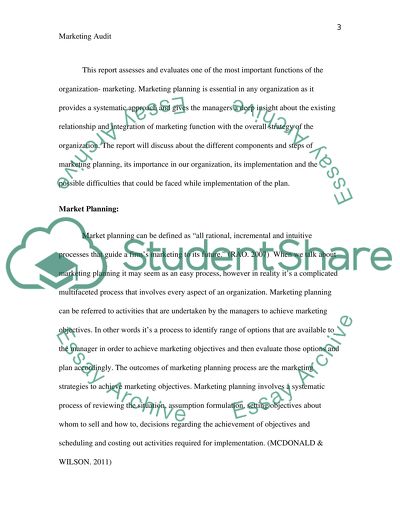Cite this document
(“Marketing Audit Essay Example | Topics and Well Written Essays - 2500 words”, n.d.)
Retrieved from https://studentshare.org/marketing/1396883-marketing-audit
Retrieved from https://studentshare.org/marketing/1396883-marketing-audit
(Marketing Audit Essay Example | Topics and Well Written Essays - 2500 Words)
https://studentshare.org/marketing/1396883-marketing-audit.
https://studentshare.org/marketing/1396883-marketing-audit.
“Marketing Audit Essay Example | Topics and Well Written Essays - 2500 Words”, n.d. https://studentshare.org/marketing/1396883-marketing-audit.


